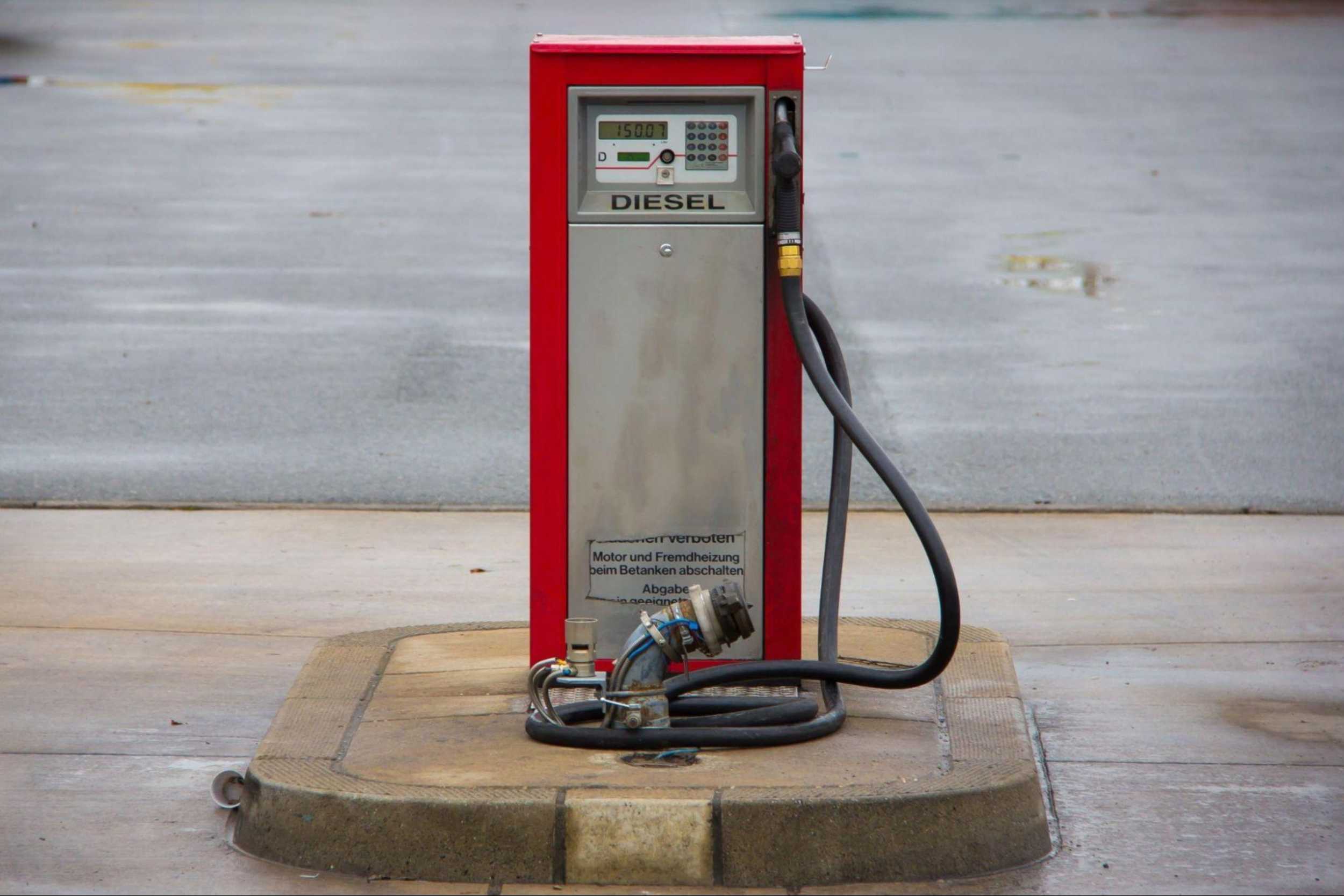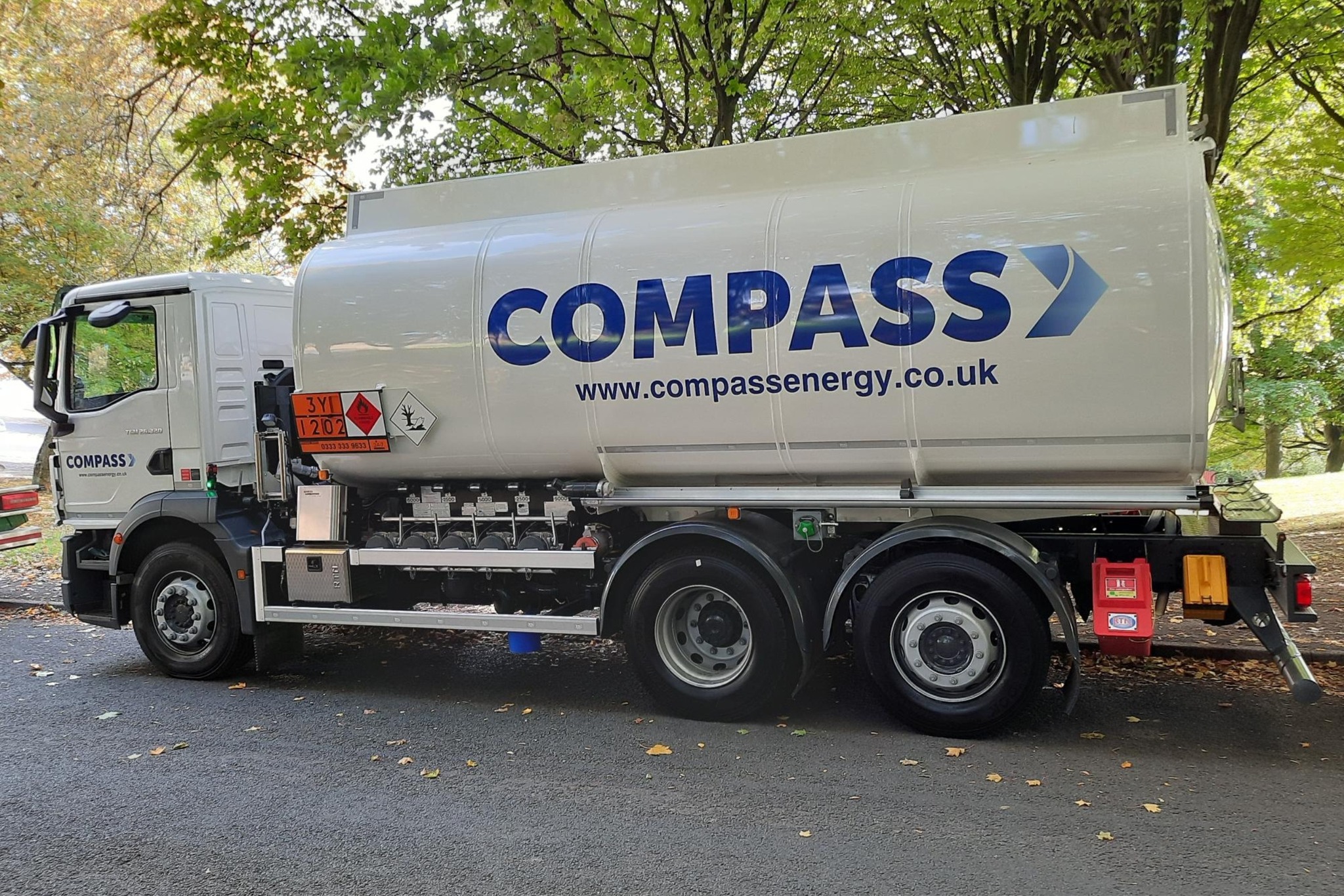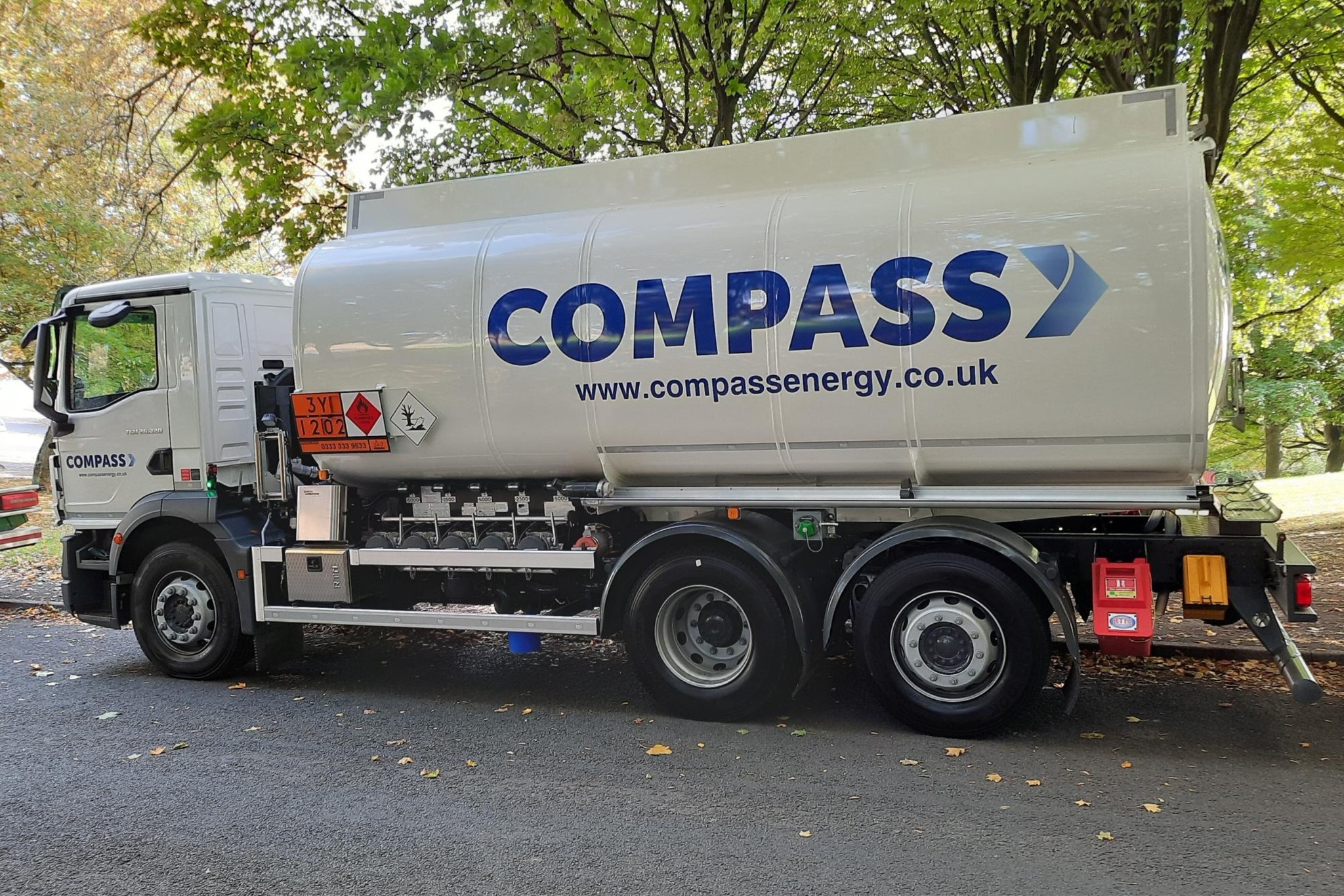Farm Fuel Delivery: Powering Agricultural Productivity

In today’s highly mechanized agricultural sector, fuel is as vital as soil, water, and sunlight. From tractors and harvesters to grain dryers and greenhouse heaters, nearly every facet of farm operations relies on a steady supply of fuel. That’s where farm fuel delivery comes in—a critical service that ensures farms have uninterrupted access to the energy needed to operate efficiently and effectively.
Whether you run a small family farm or manage a large-scale agricultural enterprise, timely and reliable fuel delivery can make the difference between a productive season and costly downtime.
What Is Farm Fuel Delivery?
Farm fuel delivery refers to the transportation and supply of various types of fuel directly to farms. This fuel is typically used to power agricultural machinery, heat buildings, and run essential systems like irrigation pumps. Instead of farmers having to collect fuel themselves, suppliers deliver it in bulk via fuel tankers and offload it into on-site storage tanks.
This service is especially crucial in rural areas where access to fuel stations may be limited and where time and efficiency are paramount during busy agricultural periods.
Types of Fuel Delivered to Farms
Red Diesel (Gas Oil)
Red diesel is the most commonly delivered fuel to farms in the UK. It is chemically similar to road diesel but dyed red to indicate that it is taxed at a lower rate and restricted to off-road use. Farmers use red diesel to fuel tractors, combines, sprayers, generators, and other heavy machinery. Using it in road-going vehicles is illegal and subject to heavy penalties.
Kerosene
Also known as heating oil, kerosene is often used to warm animal shelters, greenhouses, and other farm buildings. It can also power grain dryers and other agricultural heating systems, making it a vital resource during the colder months.
HVO (Hydrotreated Vegetable Oil)
HVO is a renewable diesel alternative made from waste fats and vegetable oils. It offers up to 90% lower greenhouse gas emissions compared to traditional diesel. Though more expensive, it’s increasingly being adopted by environmentally conscious farms looking to reduce their carbon footprint.
Why Farm Fuel Delivery Is Essential
Operational Efficiency: With fuel delivered directly to the farm, machinery can be refuelled quickly and without disruption. This is especially important during time-sensitive periods like planting and harvest.
Cost Savings: Bulk purchasing often results in lower per-litre costs. Additionally, many suppliers offer flexible pricing and payment plans to support farm cash flow.
Convenience: Rural farms may be located far from fuel stations. On-site delivery eliminates the need to transport fuel yourself, saving time and reducing safety risks.
Regulatory Compliance: Reputable suppliers ensure that fuel storage and handling comply with environmental and safety regulations, offering peace of mind and legal protection.
What to Look for in a Farm Fuel Supplier
Choosing the right farm fuel delivery service is critical to your operation’s success. Here are some key factors to consider:
Service Area and Reliability: Choose a supplier that services your region and has a strong track record for timely deliveries.
Range of Fuels Offered: Ensure the supplier can provide red diesel, kerosene, and renewable options like HVO if you're looking to go greener.
Emergency Delivery Options: The ability to provide fast, emergency fuel deliveries during critical times can be a lifesaver.
Fuel Tank Solutions: Many suppliers offer bunded tanks, fuel monitoring systems, and tank maintenance services.
Customer Support: Friendly, knowledgeable staff who understand agricultural needs can make a big difference.
Some of the top UK farm fuel suppliers include Watson Fuels, Certas Energy, Rix Petroleum, Crown Oil, and NWF Fuels. These companies offer nationwide or regional delivery services with a focus on supporting the unique needs of farmers.
The Future of Farm Fuel
As sustainability becomes a bigger focus in agriculture, the demand for low-emission fuels is growing. Suppliers are expanding their offerings to include HVO and even electric charging solutions for hybrid farm equipment. Additionally, smart monitoring systems are being introduced to help farms track fuel usage, predict demand, and optimize delivery schedules.
Conclusion
Farm fuel delivery is more than just a logistical service—it's a vital support system that keeps agriculture running smoothly. With reliable fuel supply, farmers can focus on what matters most: growing crops, raising livestock, and managing operations efficiently. As agriculture evolves, so too will fuel delivery services, offering more sustainable, tech-driven solutions to meet the challenges of modern farming.
Note: IndiBlogHub features both user-submitted and editorial content. We do not verify third-party contributions. Read our Disclaimer and Privacy Policyfor details.







